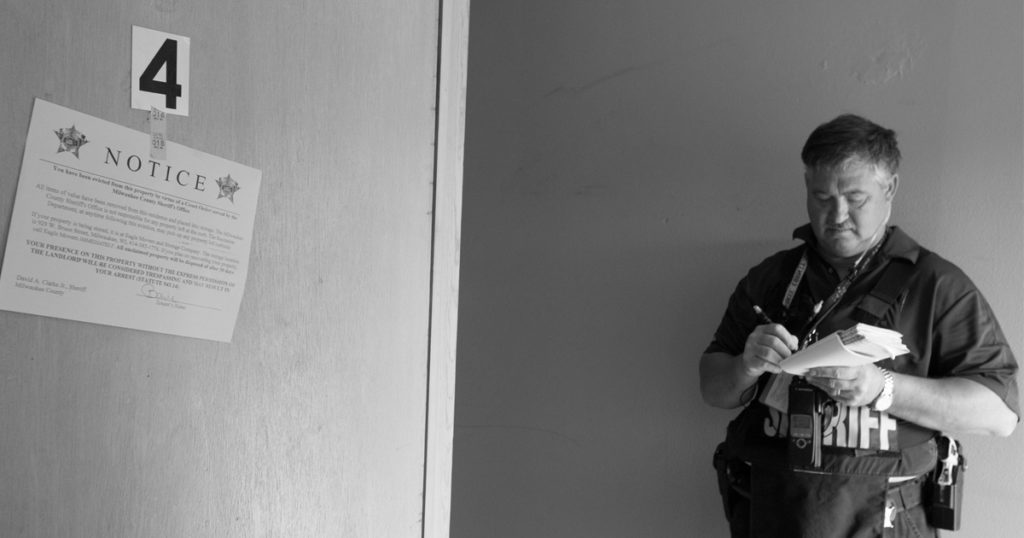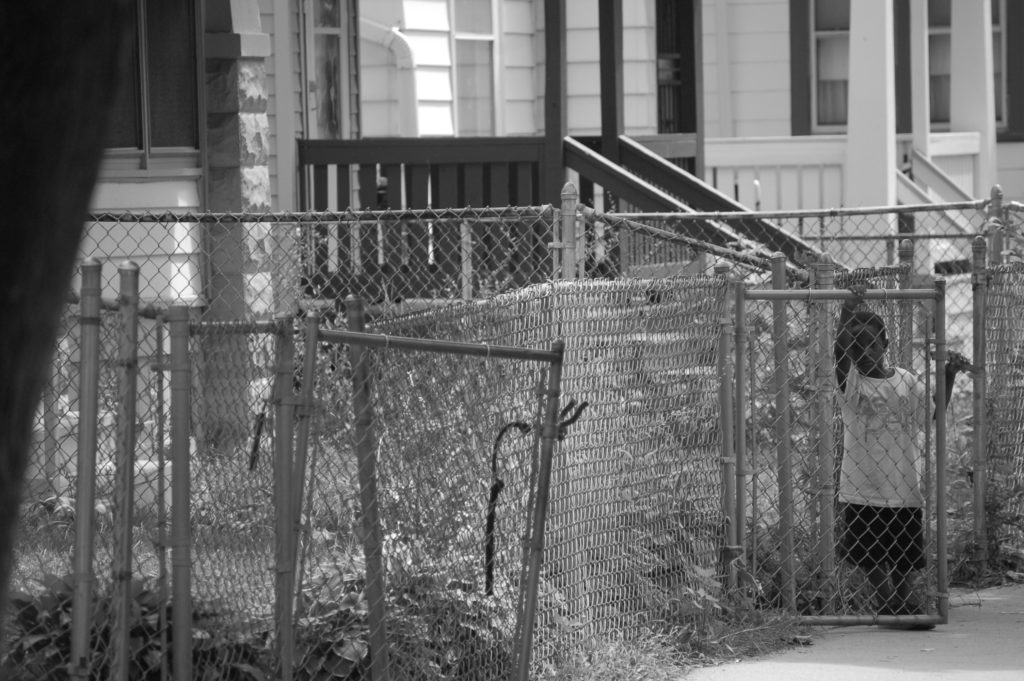
Overview
Evicted is a heartwrenching, powerful ethnography by Harvard sociologist Matthew Desmond. It chronicles the lives of eight Milwaukee families living in poverty, with sometimes upwards of 80% of their income going to rent. And, as you can imagine, these tenants aren’t living like royalty.
Indeed, violence, drugs and poor schools plague their neighborhoods, and roaches and dilapidation mar their residencies. The little money they have after paying rent means sometimes living on around $2 per day. Consequently, it means not being able to afford healthcare, vocational school, or healthy meals. Further, a lack of savings means getting behind on rent and then being evicted is all too common.
“Arleen [a poor mother of two in search of a home] saw school [for her children] as a higher-order need, something to worry about after she found a house.” – Evicted
Desmond covers these people’s lives in a nonjudgmental way and does a fantastic job of making the book feel real. Living in destitute poverty is unimaginable for many of us, myself included, but the book pulls you in and gives you a glimpse at life for millions of Americans.
Many of us typically think of instability as inherent to poverty. This is inaccurate. Desmond’s central thesis is that eviction is not only a condition of poverty and instability; without question, it is primarily a cause.
Hope and Frustration
Evicted is a book about hope and empathy. It’s about the potential of a class of exploited people being squandered. At the same time, it’s a frustrating story. I cannot count how many times I groaned at people’s inarguably bad decisions.
“Scott, why are you allowing yourself to get addicted to opioids,” I might question. Or, “Larraine, why did you spend all of your food stamps on lobster at the first of the month? Shouldn’t you have saved those to feed yourself?”
But, I had to remind myself that I am not in their position and that I don’t always make perfect, rational choices – no one does. Unfortunately, for the poor, their bad decisions matter more, because the consequences are disproportionally greater. Moreover, the feelings of hopelessness and disengagement endemic to poverty directly contribute to bad choices.
For instance, when Larraine was careless with her food stamps, she was operating under what can be called a “poverty mentality.” Essentially, she is throwing away money because she is poor.
“People like Larraine lived with so many compounded limitations that is was difficult to imagine the amount of good behavior or self-control that would allow them to lift themselves out of poverty.” – Evicted, page 218

When pinching every penny fails to make a difference, they turn to things like lobster or cigarettes to ameliorate their suffering. From the outside looking in, it’s easy to judge and become frustrated. But when you take a closer look and put yourself in their shoes, you aren’t so sure you wouldn’t do the same thing: buying a nice meal and going hungry later, that is.
The message of hope central to Desmond’s ethnography is that things don’t have to be this way. We can implement policies that ensure people’s lives are more stable, guaranteeing more opportunity to the most vulnerable citizens. To be sure: evictions will happen with or without good policy, but not at their current disastrous rate; poverty will continue, but it won’t be compounded and exacerbated by the lack of affordable housing.
Recommendation
Evicted is powerful and eye-opening. I learned about people experiencing extreme poverty, and about landlords, what they deal with, and how they grow wealthy from their poor tenants. Landlords’ attitudes range from benevolent to downright merciless, but as a reader, you come to understand them too.
Reading this book has not made me cynical, as I thought it might at some points. Instead, it made me hopeful. Today, I’m hoping that we can fight housing insecurity, strengthen communities, and lift millions out of poverty. It sounds audacious and idealistic, but it’s not impossible. I strongly recommend Evicted.
Get your copy of Evicted: Poverty and Profit in the American City
